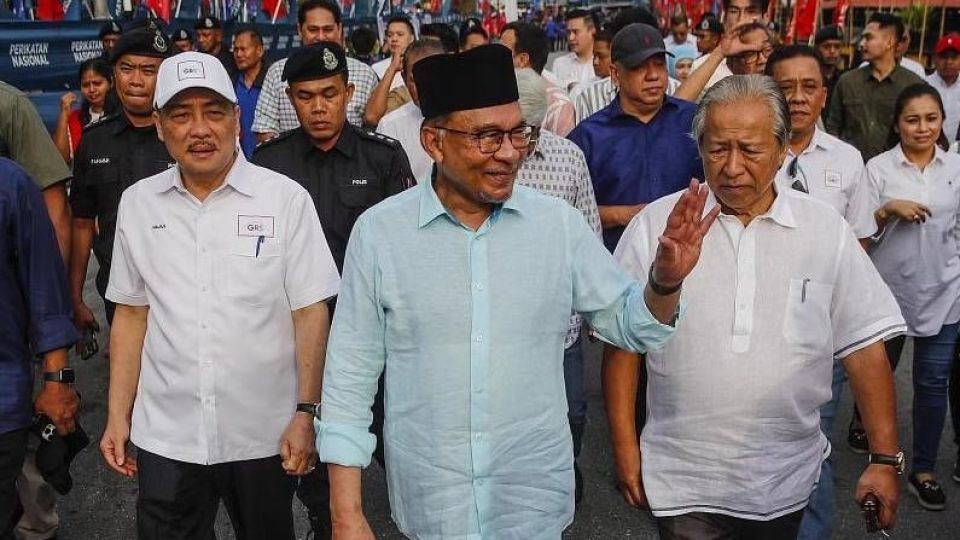August 1, 2023
KUALA LUMPUR – Voters in Selangor, Negeri Sembilan, Penang, Kedah, Terengganu and Kelantan will head to the ballot box on Aug 12 for state elections. The polls will be closely observed as a measure of support for Malaysian Prime Minister Anwar Ibrahim’s unity government that was formed after a divisive general election in November.
A total of 570 candidates from nine parties will vie for the 245 state assembly seats up for grabs, with more than 9.7 million Malaysians eligible to vote. Here are the key things to know:
1. What is the difference between a state election and a general election?
A state election is held to elect members of the state assembly and the state government, headed by the chief minister. A general election determines who becomes a Member of Parliament and which parties helm the federal government led by the prime minister.
Generally, the number of state electoral wards is higher than and overlap with the parliamentary wards. Parliamentary constituencies outside the federal territories are subdivided into several state assembly constituencies, usually two or three but can be as many as six.
While the same parties run in state and general elections, it is rare to have candidates who are both state assemblymen and MPs.
The winning party in state polls will nominate a chief minister who is appointed by the Sultan. In contrast, the country’s prime minister is appointed by the King. Malaysia’s nine Malay state rulers elect the Agong, or King, from among themselves every five years, usually on a rotational basis.
2. Malaysia consists of 13 states; why are only six of them holding elections?
Traditionally, state elections are held at the same time as the general election, with assemblymen and MPs serving the same five-year term. But each state can decide when to hold its election.
The six states controlled by Pakatan Harapan (PH) and Perikatan Nasional (PN) decided not to hold state polls at the same time as the November 2022 General Election. They said they needed instead to prepare for the annual monsoon floods from November to March.
The remaining seven states held their state polls in the last two years and are not due to hold their next election until December 2025 at the earliest.
Sabah, Sarawak, Melaka and Johor called snap elections between 2020 and 2022.
Only three states held state elections simultaneously with the November 2022 General Election – Pahang, Perlis and Perak.
3. Who are the main contenders in the polls?
The elections will mainly pit PH and its unity government ally Barisan Nasional (BN) against the federal opposition alliance PN.
The three states of Selangor, Negeri Sembilan and Penang are governed by PH. The three states of Kedah, Kelantan and Terengganu are ruled by PN. The rival coalitions will look to retain their states and make inroads into each other’s strongholds.
4. What is the difference between a state government and the federal government?
The Federal Constitution specifies the distribution of powers.
Federal MPs enact national policies in areas such as foreign affairs, defence, education and trade. State legislatures meanwhile create policies for their respective states over issues such as land matters, Islamic law and local government.
The state government is mostly funded by revenue from land, forests and mines. But the federal government does provide grants and financial support as well.
Areas where both the state legislatures and the federal government share responsibility include social welfare, public health and sanitation.
5. How will the results of the state elections affect the federal government?
The state elections will not directly impact the status of the prime minister and governing parties, with Datuk Seri Anwar’s unity government holding a two-thirds majority in the 222-seat Parliament.
However, they can be a gauge of voter sentiment towards the ruling parties, and indirectly affect how well parties within the ruling coalition work together in the federal government.
Challenges sometimes arise for a state government controlled by the federal opposition. Kelantan, for example, which suffers from poor infrastructure development, often claims the federal government deprives it of financial support.


